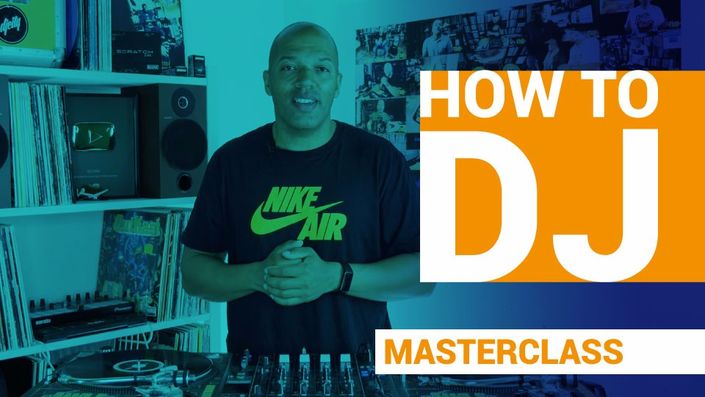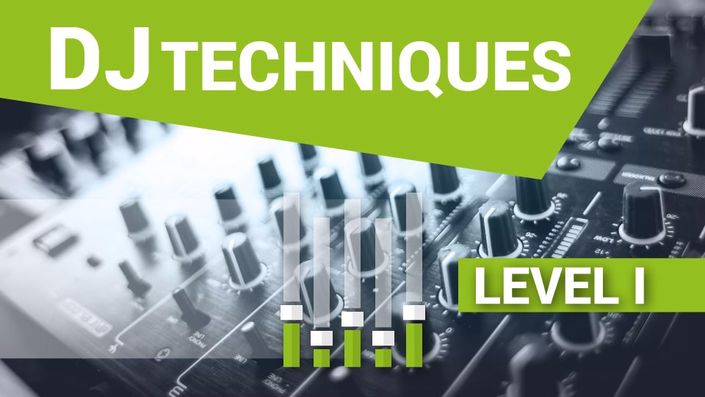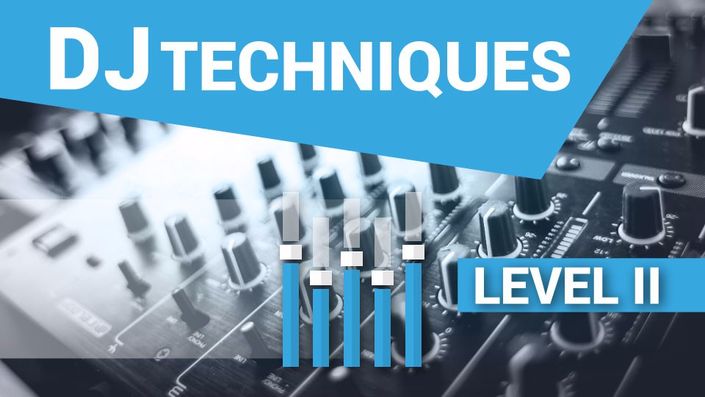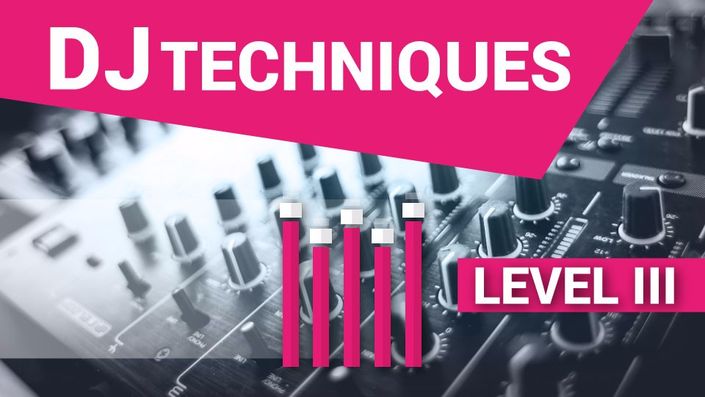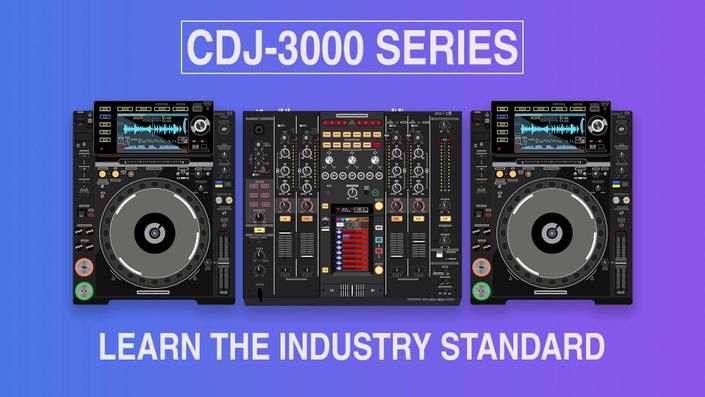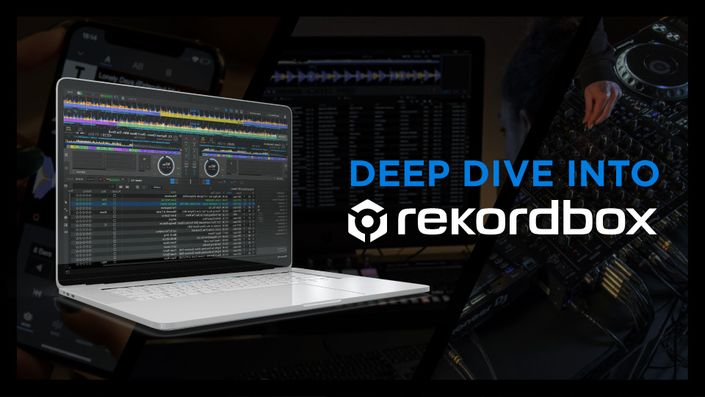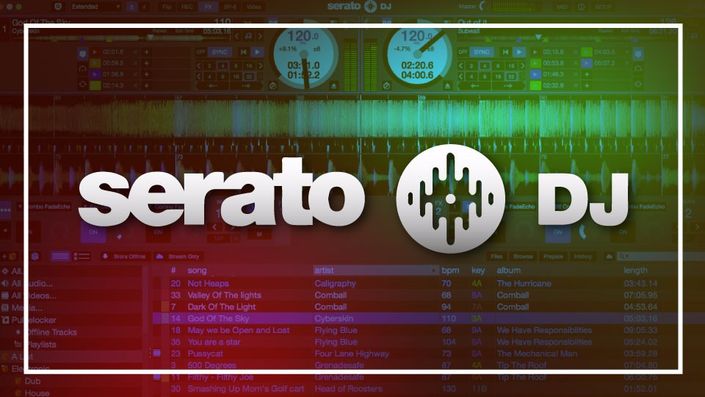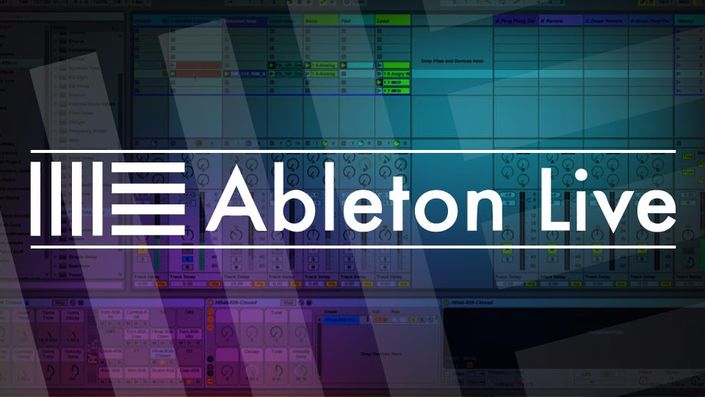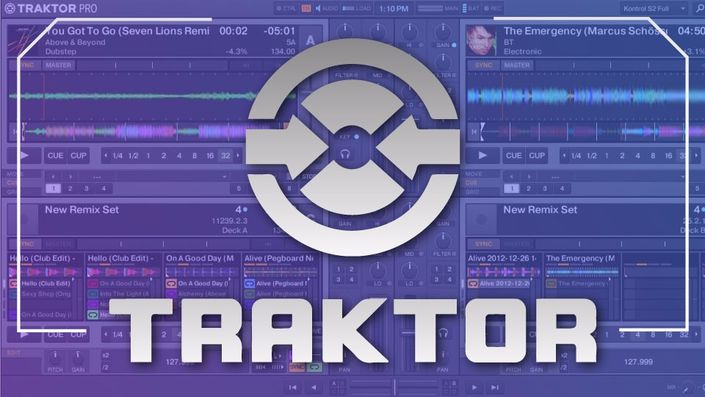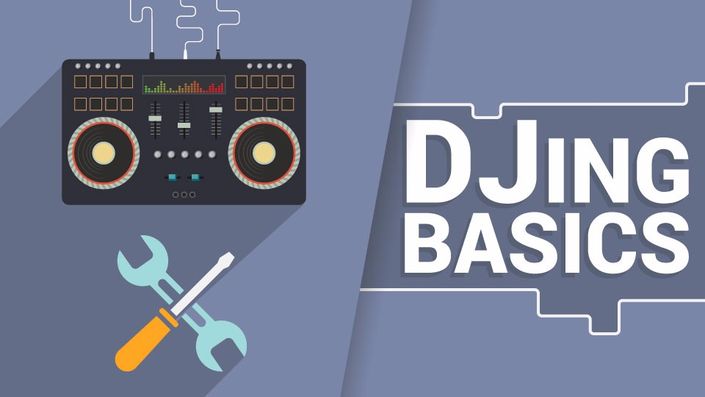
DJing Basics
Get a firm grasp of the basics of DJing, including the most common DJ setups, benefits of various types of software and equipment, and commonly used cables.
Course Overview
DJ Courses Online is the best way to learn to DJ for beginners, but before you can even start scratching a record, you’re going to need to set your station up. You can’t even practice the basics without a proper DJ rig!
This introductory course is the best starting point for anyone who is just beginning to learn about DJing. Even if you’re a more seasoned musician who is already experienced in DJ setup, this course still provides some important tips in getting the most out of your station. DJs of all skill levels can benefit from this course!
Course Curriculum
-
StartIntroduction to Setting Up Your Studio This video serves as an introduction to the first series of lessons, as well as the entire library of DJ courses, in which you'll learn about setting up your studio or practice space. (0:34)
-
StartThree Most Common DJ Setups Learn about the benefits and drawbacks for each of the three most common DJ setups in the field of DJing: (1) vinyl turntables; (2) CDJs; and (3) digital controllers. (1:59)
-
StartSerato Scratch Live vs. Traktor Serato vs. Traktor. Learn about the benefits and drawbacks for two of the most common software applications in DJing: (1) Serato Scratch Live; and (2) Traktor. (2:50)
-
StartCommon Cables Learn about the most commonly used cables in DJing as we discuss how each type of cable is most frequently used, as well as the importance of adapters when setting up for a performance. (3:33)
-
StartPerformance Space In this lesson we provide tips on setting up your performance space and how to keep it organized. (2:20)
-
PreviewSong Structures In this lesson, we discuss the basics of time signatures, song structures and genres. Learn about the prevalence of the 4/4 time signature, how most tracks can be broken down into intros/outros, verses, choruses and bridges, as well as how these principles apply to various genres of music including hip-hop, dubstep, house, and more! (2:36)
Key course topics in DJing Basics include:
Understanding the DJ station, the individual components of a DJ rig, and their functions during the mix performance
The DJ station is the command center of your performance. Everything you do here is what will determine how your set will sound to the audience. There are many different parts to your rig and this course details the different pieces of a DJ setup, how you use them, and what each of them does for your music. To learn DJ basics, you should learn each part of your chosen equipment and how they all affect each other. Watching this course will make the journey smoother and your training more effective!
How to set up and organize your performance space so you can learn clutter-free
If you want to learn how to DJ, you need to accommodate yourself. The condition of your practice space is essential to give yourself the room and easy access required to learn the DJ station. This course teaches the ideal methods to prepare your practice space. If you’re not learning while comfortable, you’re not at full power, and learning DJ for beginners is much easier when you’re at full power!
Detailed explanations for the three common DJ setups (vinyl turntables, CDJs and digital controllers), along with the pros and cons of using each one
DJ setups have come a long way since their invention. Today, there are three main varieties of DJ setups: vinyl turntables, CDJs, and digital controllers. Each one has specific uses. Some work better depending on what kind of music you’re using, as well as what kind of sound you want to play. This course details each controller’s strengths, weaknesses, and the ideal times to use them.
Comparison of the two most common DJ software applications (Serato and Traktor) and their specialized features, along with the pros and cons of using each one
DJ for beginners starts to get rough once you dive into the software. Today the two most popular DJ software applications in the industry are Serato and Traktor. Both programs have similar functions, but they each have their strengths and weaknesses, along with their own ideal controllers. Learn how Serato has earned its long-term success and how Traktor adds new spins on digital DJ controllers with its Traktor S4 controller. This course irons out the complex stuff and tells you exactly what you need to know about each program!
Commonly used cables for DJ equipment, the different cable adapters for each and the ideal conditions for using each cable and adapter
You may have your device and your program, but you’re still gonna need more. Understanding the proper cables for each piece of hardware is just as important as the hardware itself. In order to learn DJ basics, you’ll learn about common and uncommon cable sizes like RCA, XLR and ¼ inch and why each one is important to the DJ hardware. Check the connections!
Basic music theory for DJs and understanding common musical structures for DJ music styles
DJ music may be an outlet for creativity, but many DJ tracks share similarities with each other. This course dives into basic music theory, including common time signatures like 4/4 and ¾. Knowing basic music theory can help you keep a beat more easily and streamline your performance!

